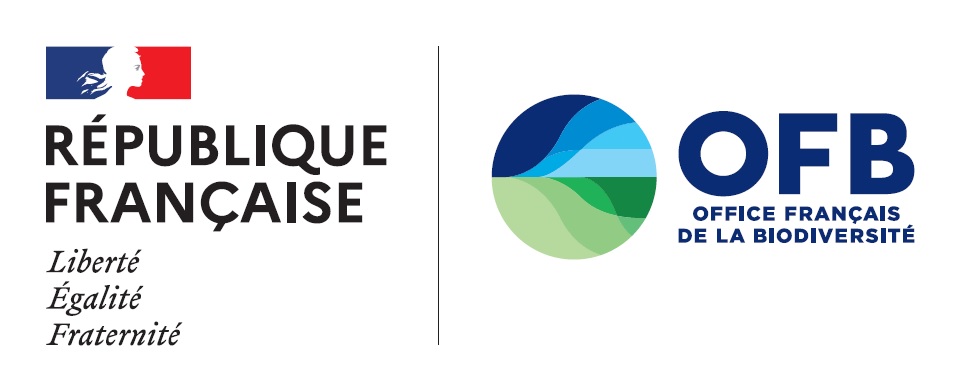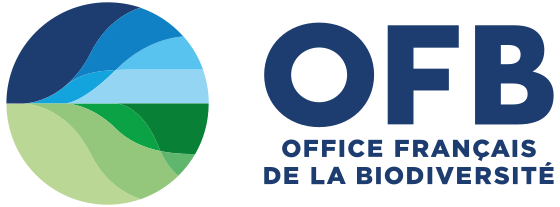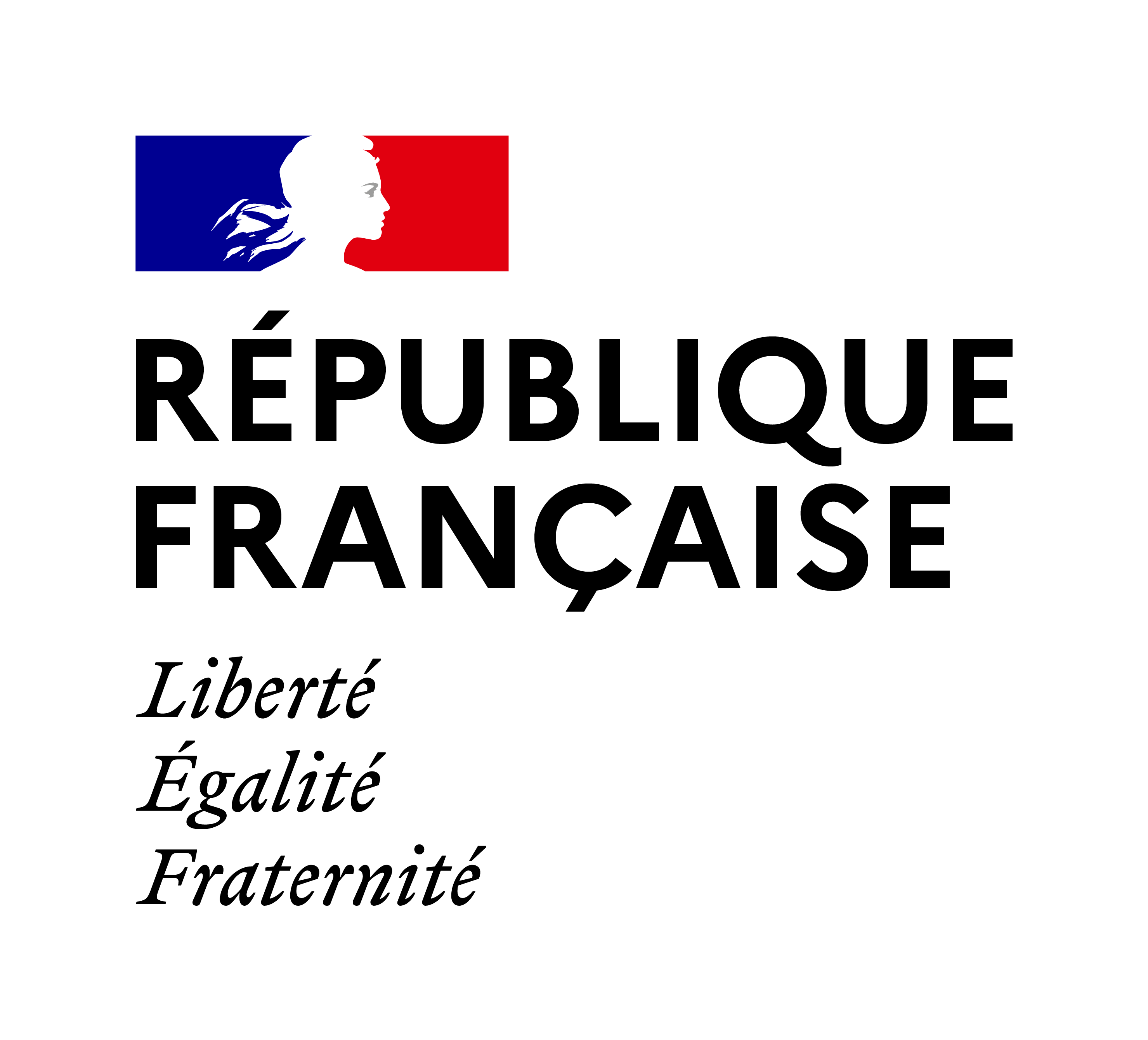Recherche sur le site
Recherche libre
The ICE method for ecological continuity - Assessing the passage of obstacles by fish and macro-crustaceans in the French tropical islands of the Atlantic and Indian Oceans - Concepts and design | Comprendre pour agir |
Calling on the experience gained in deploying the Information on the continuity of ecosystems (ICE) method in continental France and in a partnership with all the overseas Environmental Directorates and Water Offices, OFB coordinated and facilitated the adaptation of the method to the tropical islands of Guadeloupe, Martinique, Mayotte and Réunion.

Assessment of the National Biodiversity Strategy 2011-2020 (condensed version) | Comprendre pour agir |
What lessons may be drawn from the implementation of SNB 2011-2020? What methods should be selected for SNB3 (after 2020), notably in terms of the types of action and the governance of the strategy? To answer these questions, the French Biodiversity Agency and the Ecology Ministry requested an assessment of the strategy, including a retrospective analysis (public-policy evaluation) and a forward-looking analysis.

Ecological damage and ecological torts - How does society deal with and remediate damage to water and aquatic environments? | Comprendre pour agir |
This book is intended for public and private stakeholders involved in applying or affected by environmental regulations in general and water regulations in particular. It describes the current scientific, legal and operational situation as well as the progress already made and that required to fully take into account ecological damages, on the basis of in-depth scientific and technical knowledge combined with current developments in the human and social sciences.

Economic analysis for managment of water and aquatic environments | Comprendre pour agir |
This book presents definitions, information and a discussion on the economic-analysis techniques used to manage water and aquatic environments. The goal is to assist in the operational implementation of economic analysis.

The ICE protocol for ecological continuity - Assessing the passage of obstacles by fish. Concepts, design and application | Comprendre pour agir |
Obstacles to flow in rivers constitute a major source of breaks in ecological continuity. Given the vast array of regulatory requirements, notably the Water framework directive, and the many environmental issues involved in restoring the ecological continuity of aquatic environments, Onema decided to create a "tool" to assess and quantify the impacts of hydraulic structures on the free movement of fish.

Assessing the ecological services of aquatic environments. Scientific, political and operational issues | Comprendre pour agir |
In a context of climate change and biodiversity loss, the notion of ecological services has rapidly gained ground in political debates. The goal of good ecological status, set by the European water framework directive in 2000, has led to major efforts to preserve and restore aquatic environments. The ecological services provided by aquatic environments are now a topic of growing interest to water managers and, more generally, to all stakeholders in society interested in the quality and sustainable management of aquatic environments.

Water status and the Water framework directive. A review of assessment methods - n°13 | Rencontres |
In view of the 2nd management cycle of the Water Framework Directive, 2011 constituted a key year for developing and ensuring the compliance of water status assessment methods. 2 scientific information days focusing on bioindication were followed by 2 days of discussions in order to review the progress made, the prospects for the development of methods used for assessing water status in France, and the tools of the water status assessment system (système d’évaluation de l’état des eaux - SEEE).

Drug residues in aquatic environments. Needs and tools for monitoring and risk evaluation - n°1 | Rencontres |
Monitoring drug residues in our aquatic environments and evaluating the risk for the environment and human health was at the core of this seminar. The objective? Set down the basics for a joint effort programme to increase knowledge and contribute in developing the national inter-ministerial plan on drug residues in water.

Overseas coral reefs and seagrasses - Developing WFD bioassessment tools | Rencontres-synthèse |
In terms of the specific water framework directive (WFD) needs, can coral reefs and seagrasses serve as indicators suited to assessing the ecological status of water bodies? The development of such tools represents a scientific challenge given the paucity of available knowledge on the ecology and functioning of these tropical ecosystems, and the relative lack of experience in their assessment.






